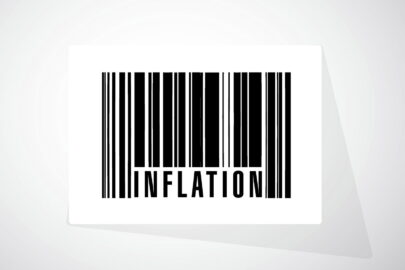There was a rise in the Consumer Price Index (CPI) measure if inflation in July to 0.6% from 0.5%.
CPI is at its highest level for 20 months.
The Office for National Statistics (ONS) stated: “Although the small increase in the rate between June 2016 and July 2016 takes it to the highest seen since November 2014, it is still relatively low in the historic context.
“The main contributors to the increase in the rate were rising prices for motor fuels, alcoholic beverages and accommodation services, and a smaller fall in food prices than a year ago.
“These upward pressures were partially offset by falls in social housing rent, and falling prices for certain games and toys.”
Gareth Shaw, head of consumer affairs at Saga Investment Services, said: “The slight increase in the Consumer Prices Index spells more bad news for savers, as inflation creeps towards the average return on savings accounts. In a month’s time, savers could well be losing money in real terms.
“The Bank of England’s data show that the average return on a cash ISA now sits at 0.65%, meaning that savers are making next to nothing in in deposit accounts. And the struggle to get a decent return from cash is getting harder, with popular interest-paying current accounts beginning to offer less attractive rates.
“People should be looking at other ways to make their money work harder. The yield on the FTSE 100, for example, is currently around 3.7%, and a steady transition from cash to stocks and shares has the potential to transform the returns that can be achieved. Many savers may be reluctant to put their capital at risk, but sticking steadfastly to cash in the current environment could do them a great deal of harm.”
Calum Bennie, savings spokesperson at Scottish Friendly, added: “July’s rise in inflation is likely to herald further rises in the cost of living as the price of imports increase following the fall in the pound post Brexit. Clearly this is not good news for the pound in peoples’ pockets and makes life even more difficult for those looking to save for their financial future.
“We can expect a clearer view of the effects of Brexit on the economy over the next few months. In the meantime, with interest rates remaining low, stocks and shares ISAs provide an attractive alternative to cash savings, although risk is attached.”
